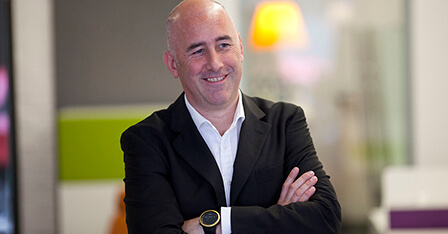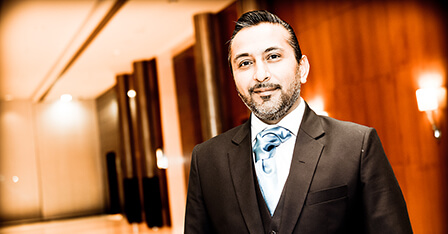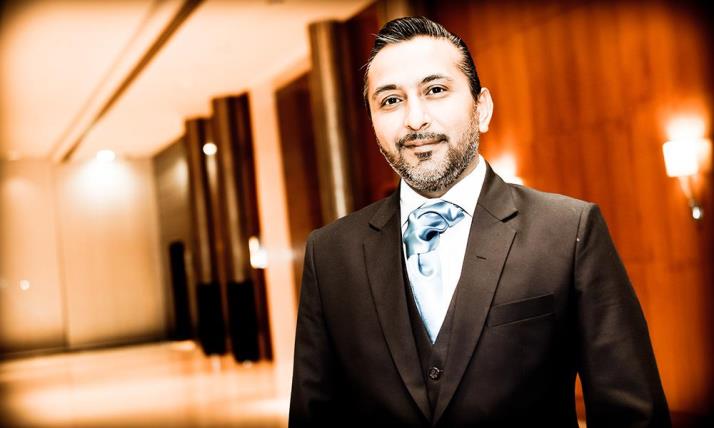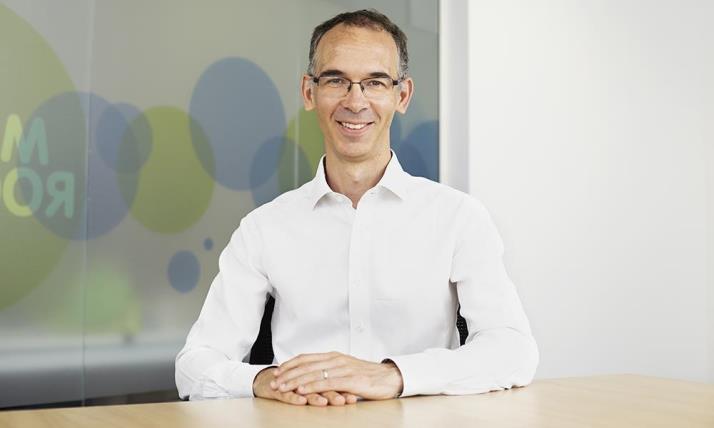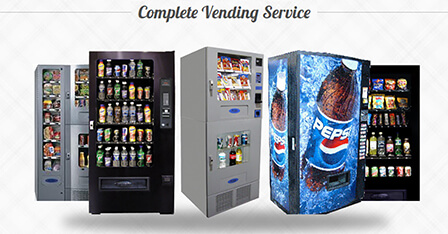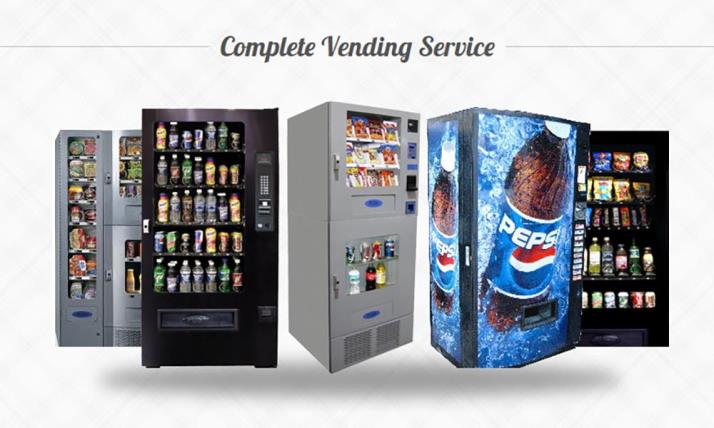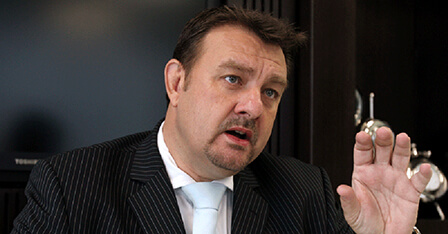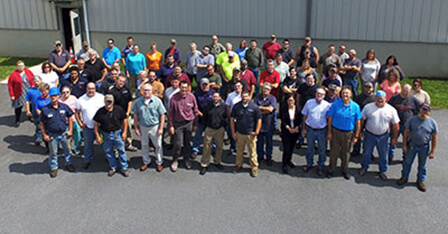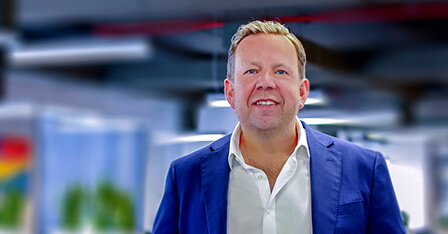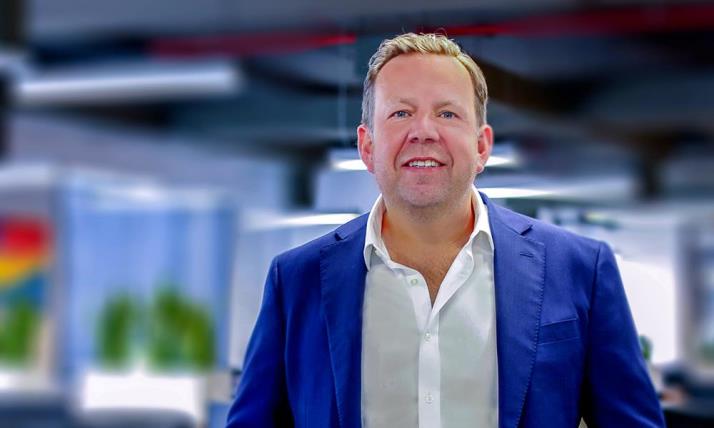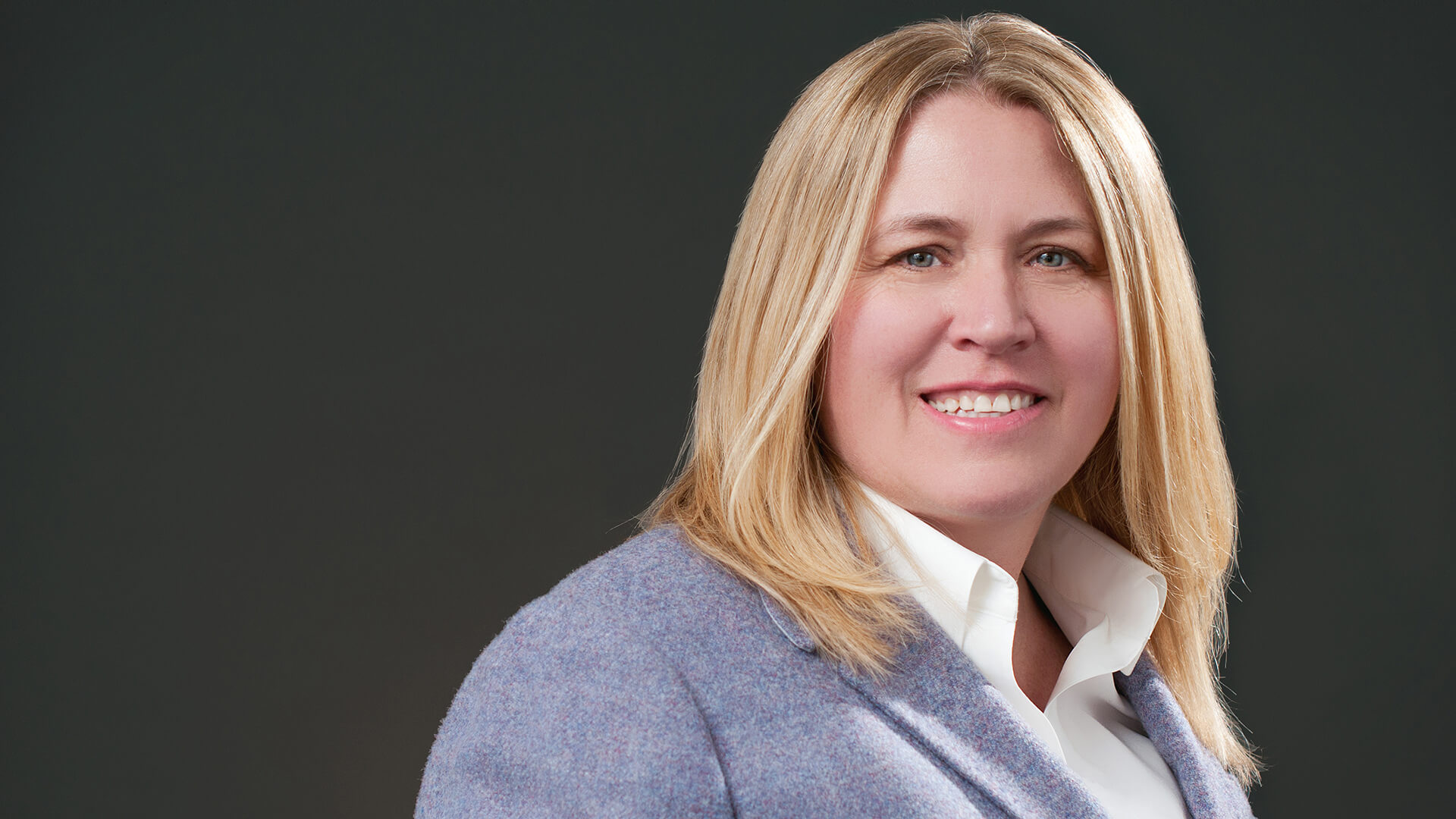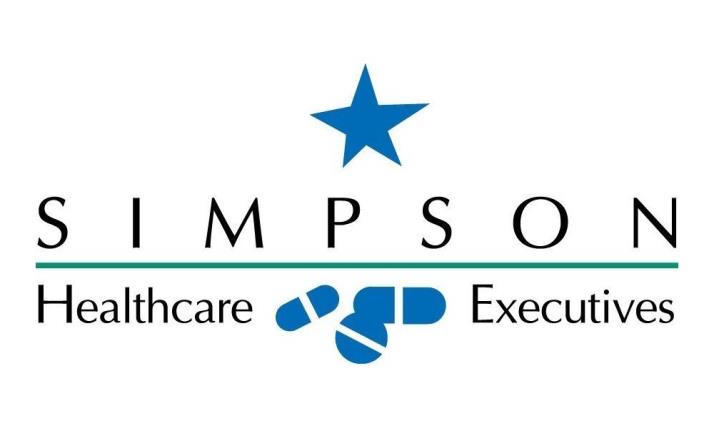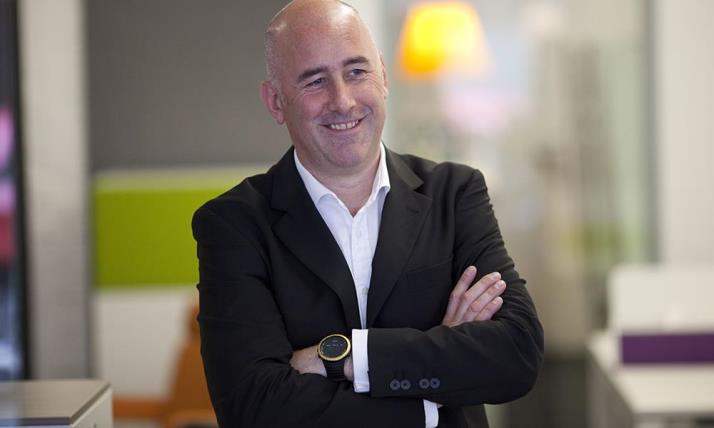
The Workplace Experience Revolution: Unearthing the Real Drivers of Employee Sentiment
Tim Oldman is the CEO and Founder of Leesman and has been named CEO of the Year, for ‘Most Innovative in Media’. Leesman launched in 2010 and has grown to become the world’s largest independent employee workplace experience benchmarking tool, successfully changing the way organisations think about their corporate workplaces. Oldman has built a global reputation for Leesman as drivers of innovation and pioneers of change, all based on robust, unbiased evidence of a statistical vigour never before amassed. Here, Oldman writes about the paradigm shift that is occurring in global workplaces.
We are in the midst of a revolution fuelled by an elite group of brands that are resetting our value expectations. This societal swing is changing what we expect of the products, services and spaces we use – including our workplaces. This is the ‘experience revolution’, and our research at Leesman has revealed the mission-critical components needed to respond to that shift.
In pretty much every part of the developed world, productivity growth has been dismal since last decade’s credit crunch. Economists are generally perplexed by this trend. Further fuelling their confusion is the fact their cleverly adjusted new measure of ‘total factor productivity’ is also flat-lining. This gauge was designed to account for the increased dominance of corporations that appear to come from nowhere, employ thousands, file huge profits and attract previously unheard-of valuations, yet typically neither make things nor sell things, feeding us instead with stuff we are seemingly allowed to consume for free. In a really short time frame, these brands have changed the way products and services are conceived. As other brands learn, mimic and follow, they are collectively rewriting our expectation of customer experience.
Of course, we don’t get these brands’ services for free; we pay them with our data. In return, we get access to services delivered with a new style of immersive and participatory customer experience. In the Participation Revolution, a book by Neil Gibb, it is argued that the best of these brands are built on a human connection and emotional synergy, with an ethos based on the ‘why’ and not the ‘what’, where submissive consumers are replaced by active participants. The countless comparable start-up-to-mega-brand success stories are leading sociologists to focus on a common thread. This is the experience revolution.
The global businesses attracting the most attention pretty much all have this new experience at their core. They are participatory businesses. We don’t consume them, we experience them: we are in them. And we’re not talking solely about the ‘social network’ brands. They are typified by brands that are built on the side of the user – not simply for the user to consume but as though the brand is there hanging out with users, fashioning the services the user needs along with them to delight them.
For these brands, this means not standing still. Customer-centric organisations are constantly refreshing and developing products, services and solutions not because they need to, but because they want to for the community of users of which they consider themselves a part. You will see this in an Apple store or Tesla showroom. In a FitBit or Strava forum. You can even experience it alone setting up a Sonos speaker or YouTubing GoPro content. But why are we so hooked?
Neuroscientists believe it may be that consumers are addicted to the dopamine releases they get by experiencing these ‘exceed the expectation’ brands. Dopamine functions in the brain as a neurotransmitter and throughout the rest of the body as a chemical messenger. Neurologically, it is associated with pleasure and with the anticipation we get from most types of bodily rewards. The experiential, participatory nature of many of the new mega brands is hooking us all on dopamine.
Our daily work with global brands reveals that the workplaces where employees report the highest levels of productivity, pride and sense of community consistently deliver a particular type of employee experience with stand-out infrastructures that are superbly supportive, immersive, pleasurable and on the side of the user. Not just with the basic amenities, but with a consistent series of features that add something more than mere functionality.
Think of it at this level: you can make a free cup of coffee from dried granules or a filter jug, with fresh milk from the shared fridge in a perfectly pleasant pantry; or you can pay almost high street price from a barista who knows your name, remembers your preferred caffeine cocktail and jokes with you about the miserable performance of your favourite sports team, while crafting a piece of art with milk foam and chocolate dust. You choose.
If comparing coffee experiences is too whimsical, note that we repeatedly see employee satisfaction with face-to-face IT help-desks outperforming their virtual help-desk equivalent. In participatory workplaces, employees no longer see themselves as users but as active participants who develop a meaningful connection to their working environment and those around them in it.
This is not the easiest concept to sell to a cynical controller of purse strings: that to achieve the best employee engagement, you have to go beyond merely providing a safe and efficient infrastructure and provide an ecosystem that is pleasurable and experiential.
‘Going beyond’ is where the participatory brands and their services are putting continual pressure on our daily workplace experience. An employee who can Facetime a grandparent on the opposite side of the world with two touches of the iPhone for free has an increasingly cynical view, when video-conferencing a colleague in the next time zone can be no better than using two paper cups and a ball of string. This new heightened pressure points to workplace management requiring two distinctly different skillsets: one technical, operational, compliance-based, and a second that is softer, immersive and experiential – the blending of operational efficiency with emotional synergy.
This increased demand for experiential workplaces could also account for the growth of the ‘co-working’ space – the office as a service market. With a $20 billion valuation and 250,000 members in 72 cities worldwide, WeWork is on a self-styled mission to be the Amazon of workplace. In the UK, The Office Group may be a minnow in comparison, but with 15,000 members across 35 London locations, it is now the largest occupier of leased real estate in the capital. But why?
Simple. Their stylish designer-furnished spaces, with roof terraces, coffee bars, beer taps and generally awesome on-point locations in high-profile buildings and teams of building managers give start-up and SME employers the opportunity to give their employees the dopamine-dosed workplaces previously reserved for established businesses.
If this participatory experiential shift continues, it challenges some well-established norms. It means it is no longer acceptable to undertake a brief you know will compress, hamper or obstruct employees and simply shrug off the mediocre resulting employee experience as regrettable fallout. If the benefit of a high-octane, dopamine-rich positive workplace experience is proven, the risk of the opposite neurological experience is way more disturbing.
The employees in our research who report the lowest productivity and pride agreement have a catalogue of gripes, frustrations, barriers and obstacles to deal with. Their workplaces are littered with low-grade conflicts that are quite literally impeding employee potential, holding them back or dragging them down.
In conflict situations, the hormone cortisol is physiologically vital in the body’s ‘fight or flight’ responses to attack or injury. In short bursts at the right times, it is essential and beneficial, but at repeated low levels, induced by stress, frustration or conflict, cortisol is now recognised as public health enemy number one. Even moderately elevated cortisol levels are known to interfere with learning, sleep, memory, immune function and bone density, contributing to weight gain, heightened blood pressure and heart disease.
Acknowledging that employees respond to their surroundings shouldn’t prove that hard for most leadership teams but accepting that poor workplaces may be bad for employees and therefore bad for employee performance may be awkward for those who see cost reduction as the only path to greater efficiency. For some, accepting the societal shift to experiential and participatory economics and realigning management styles, skill-sets and vocabularies accordingly will prove difficult.
Employees in experiential organisations reflect on their contribution, not their productivity. Their employers will own processes rather than subcontract them. And the workplace designers employed by them will have to welcome employers and employees participating at a deep level in the co-creation of space. It will mean building or facility managers moving from managing to enabling space. The traditional management command and control structures will collapse in favour of a new, responsive support system that will embrace change rather than restrict it. This may look like trite linguistics, but it is central to understanding the necessary shift.
Of course, revolutions don’t happen overnight. And it is difficult to see it happening when you are in its grips. The Industrial Revolution lasted some 60-70 years, but we are currently in the midst of the next socio-industrial revolution. It is progressively changing our societal expectations of the brands we align with, the things we consume, the organisations we want to work in and the places where we want to be, including our workplaces.
Workplace experience isn’t about any one thing. It is the result of an employee experience journey through the workplace and it is progressively established over time. And, with daily experiences never precisely the same, employee experience is fluid, so opinions could change on what’s happening inside the workplace purely because there is a new reference point against which to compare outside the workplace.
This fluidity makes it even more difficult for organisations to get a fix on the full meaning and significance of employee experience in what is an ever-changing process. However, our research, based on the statistical review of the largest dataset of its kind ever amassed, has shown that employee workplace experience sentiment groups into three distinct responses – doing, seeing, feeling – and that these are driven by a series of key drivers.
Acknowledging these key drivers in order to build employee-centric environments is very much about investing commensurate time and energy in understanding what employees actually do in their roles, as well as which physical and virtual infrastructures matter most to them as a result. In 2010, we saw an opportunity to create an online diagnostic that would provide business leaders with the data required to get more from their workplaces, and from their people. This insight allows senior management teams to see how their buildings are performing so they can better manage costs and make informed decisions that can improve the employee experience. Leadership teams have to accept that while employee workplace experience is subjective by definition, it is the reality as experienced by the people who matter most—the employees. Brands that invest in understanding this reality have the potential to design, build, manage and maintain exceptional work environments that are perfectly tuned to a workforce’s needs, which can positively impact the bottom-line.
The ecosystem of workplace is complex. Workplace experience is not a natural science where we deal with objectively measurable phenomena: much like with a body, in workplace, you cannot algorithmically adjust one variable and compute the exact outcome. The experience revolution will see a higher level of sophistication creep in. Instead of a liability, the workplace will be considered an asset – and thought of as a living, breathing organism, a guardian to the people it serves.
The best workplaces will be high-octane, dopamine-rich, participatory and experiential, built on human connection and emotional synergy, designed for the ‘why’ and not the ‘what’, and managed so once-passive employees are encouraged and empowered to be active participants in an organisation’s success.
Contact: Tim Oldman, CEO and Founder
Company: Leesman
Address: 91 Wimpole Street, Marylebone, London, W1G 0EF, United Kingdom
Website: www.leesmanindex.com
Telephone: 0203 239 5980
